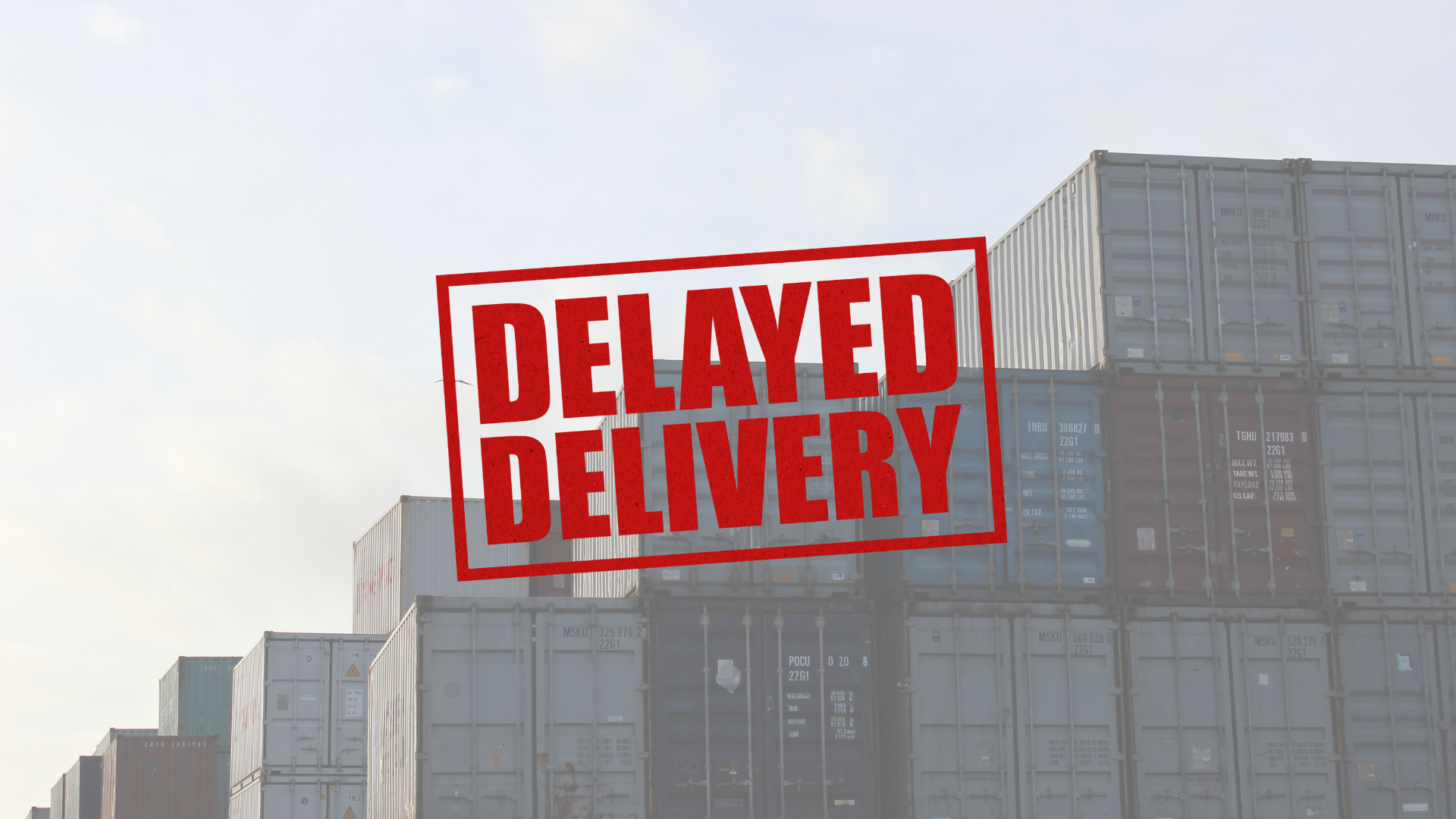Russia-Ukraine Conflict: 4 Ways it is Impacting Ocean Supply Chain

The invasion of Ukraine by Russian troops has led to multiple fast-changing developments in global ocean supply chains that are still reeling from the ongoing pandemic. Stakeholders are bracing for the potential impacts of this conflict on shipments, freight rates, and additional logistics capacity constraints.
Presently, all Ukrainian seaports have been closed and multiple major ocean carriers have announced the cancellation of port calls to Russia and Ukraine. The Ukrainian port of Kherson, a strategic black seaport, has fallen to Russian forces, and Russian vessels are being blocked by major European ports.
Here are four ways this conflict is already impacting global ocean supply chains.
Vessel routing constraints
The clash in Ukraine, the second-largest country by area in Europe, has caused container and bulk carrier vessels to be rerouted, increasing concerns over additional supply chain disruptions. With the ports in Ukraine closed, passage through ports in Ukraine has become impossible and major container lines are rerouting their black sea service to adapt to the imposition of sanctions on Russia. Ocean carrier, CMA CGM has suspended port calls to Ukraine until further notice.
Port congestion and delays
Global port congestion and delays have been further exacerbated by the invasion of Ukraine. Vessels have been skipping port calls through Ukraine, Russia, and neighboring ports due to dangerous conditions of vessels coming under artillery fire. Last week, an Estonian-owned cargo ship sunk off Ukraine's Black Sea port of Odesa after an explosion (Image 1). Within that same week, a Bangladeshi vessel was also hit by another missile. Due to the increasing number of vessels docking at rerouted ports, delays and dwell times have drastically increased at European ports since the invasion. Data from Seavantage's Port Insight platform (Image 2) shows a steep decline in the number of anchored vessels at the port of Odesa.


Reduction in ocean shipments
Global ocean ships connected to Russia and Ukraine have dropped since the invasion. Major ocean container ship operators, MAERSK, MSC, ONE have announced the temporary suspension of their services to Russian ports including ports nearby Ukraine. The government of the UK has banned the entry of all incoming Russian vessels to its ports after the implementation of sanctions in Russia. The suspension of operations has caused a reduction in cargo transport throughout Europe.
Surging freight rates
Shortly after the invasion, ocean freights rates have been skyrocketing, passing record highs. Freight rates have been increasing due to the rerouting of vessels, increasing fuel costs, and some carriers adding “war risk charges”.
Gaining visibility in your ocean supply chain
The threat of disruptions to global supply chains from this conflict makes proactively managing these disruptions imperative. With our visibility platform, you can track cargo with predicted ETAs, gain insight into ports and terminals, and be the best prepared.
SeaVantage offers real-time tracking and visibility solutions for freight forwarders, carriers, cargo owners, and terminal/port operators. Our proprietary AI Maritime Traffic Network provides a more informed prediction of vessel or container arrival time for all stakeholders in the supply chain by bringing in additional data streams.
Email: sales@seavantage.com
Tel: (+82) 02-3444-7302 / (+82) 02-3444-7303
최근 몇 년 동안 기업들은 원자재 수급 차질, 물류 지연, 운송 비용 급등과 같은 문제에 직면하며 공급망 불안정성을 실감하고 있습니다. 이러한 불확실성 속에서 기업들은 단순한 비용 절감을 넘어, 리스크를 최소화하고 예측 가능성을 높이는 방향으로 공급망 관리(Supply Chain Management, SCM)의 패러다임을 전환하고 있습니다.
선박 충돌은 단순한 해양 사고를 넘어 해상 물류 전반에 연쇄적인 피해를 초래하는 고위험 리스크입니다. 본 글에서는 실시간 데이터 기반 예측과 SeaVantage 솔루션을 통해 이러한 충돌 위험을 사전에 감지하고 효과적으로 대응하는 전략을 소개합니다.
화물 운송 지연은 단순한 일정 변경이 아니라 기업의 수익과 신뢰도에 직접적인 영향을 미칩니다. 복잡한 글로벌 공급망을 운영하는 기업이라면 화물 운송 지연으로 인해 추가 비용 발생, 계약 불이행, 고객 만족도 하락 등의 문제가 발생할 수 있습니다.
Discover how IoT cargo monitoring reduces spoilage, damage, and delays across industries. Learn how real-time visibility with SeaVantage protects shipments and improves logistics performance.
Extreme weather is disrupting ocean shipping more than ever, causing delays, rising costs, and supply chain chaos. Discover how real-time visibility tools like SeaVantage help logistics teams predict and adapt to storms, droughts, and port closures—keeping cargo on track and businesses ahead of disruptions.
Discover how poor speed and draught management in shipping can lead to skyrocketing fuel costs, compliance risks, and operational inefficiencies. Learn actionable strategies to optimize vessel performance and save millions.



.svg)
.png)






.png)